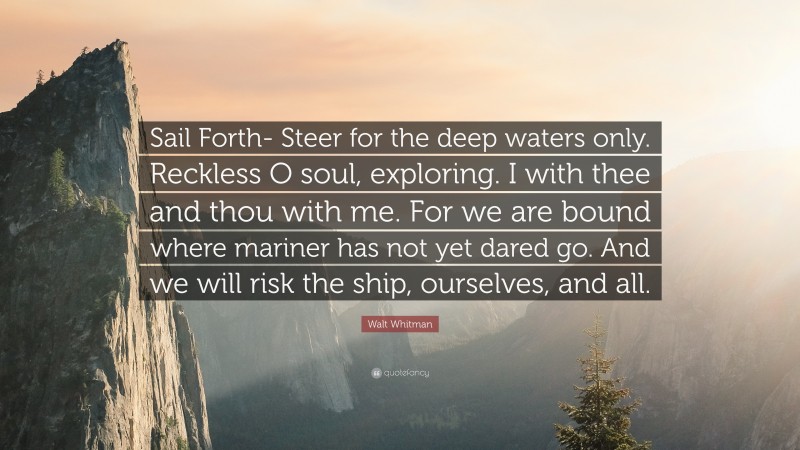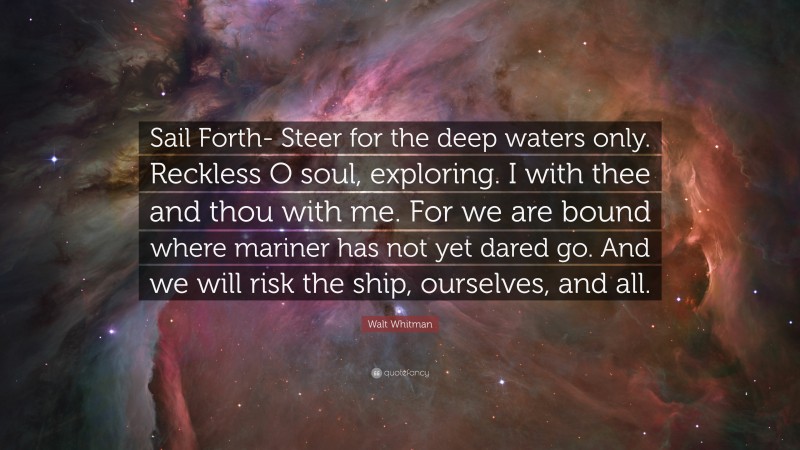

As the creator of the verses people loved, Longfellow in his day was much like Paul McCartney in ours-the bard of his generation. In Longfellow's day, they would have been able to do both, for both had established niches in popular culture. Many people can sing the lines of a popular song, even if they cannot quote a poem. Perhaps for this reason, the public's thirst for verse is now largely assuaged by popular song lyrics. Poetry, like the songs from which it descends, was musical, meant to be said as well as read. In his day, most people knew several poems and many snatches of poems by heart. Perhaps he would be even more surprised by the fact that few Americans today can quote poetry (especially not contemporary poetry). Longfellow would doubtless be astonished by the sea change that made his art academic rather than accessible. It is perhaps no surprise that poetry as a popular art form has suffered in tandem with Longfellow's reputation: once a part of nearly everyone's daily life, poetry now appeals primarily to the intellectual elite. The twentieth century's best poets (with a few notable exceptions, such as Robert Frost) set themselves against Longfellow and almost everything he stood for. Eliot and Ezra Pound in the first half of the century-the majority of English-language poets have ceased to share the values of this particular literary forebear. However, in the twentieth century-at least since the modernist movement led by T. Longfellow's poetry reflects his values, and it had a massive impact on generations of readers. All people, he felt, had a duty to their families and their communities. He saw God's hand in both nature and human nature, but he also believed that hard work and perseverance could make one's fortune, and their absence could mar it.

Longfellow cherished his country and his church. That he patterned it on the New England values that shaped his own personality-hard work, spiritual belief, self-mastery, charity, and patience-is not surprising. He consciously set about creating a distinctly American literature early in the nineteenth century, and he was largely successful in this project. Longfellow wrote with clarity and moral conviction-two qualities that endeared him to his own time yet render him quaintly anachronistic in ours.Īlthough modern readers may see Longfellow as part of an old-fashioned, genteel tradition, his impact on American literature must not be underestimated. Longfellow's words continue to echo in the English language, although few people nowadays could name the poet who first wrote the phrases so many have uttered: “Into each life some rain must fall,” “Footprints on the sands of time,” “The patter of little feet,” “Ships that pass in the night,” “When she was good, she was very, very good,” and many more.


 0 kommentar(er)
0 kommentar(er)
